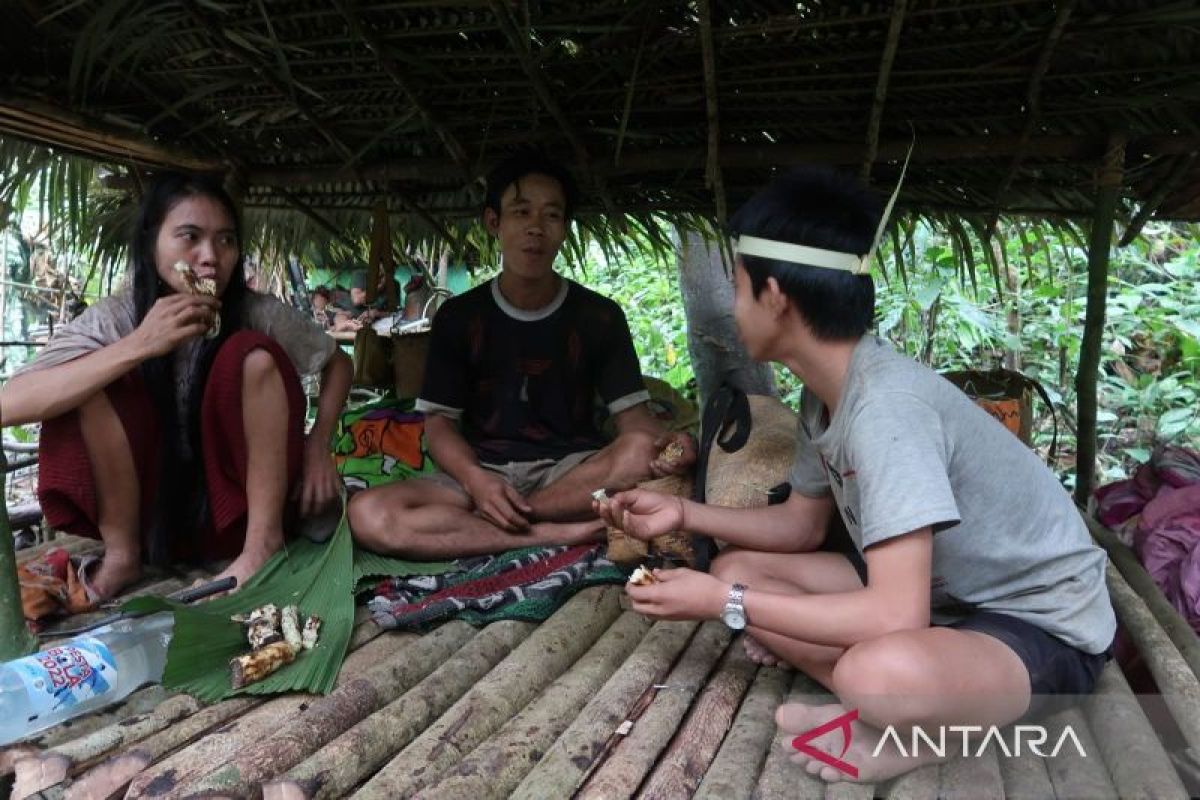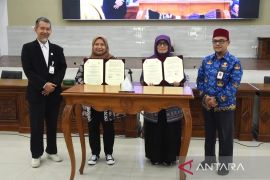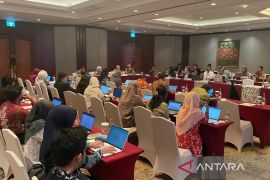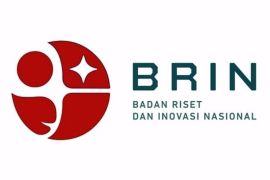Head of the Agricultural and Food Research Organization (ORPP) of BRIN, Puji Lestari, stated that local plant genetic resources can adapt well to certain environmental conditions.
"Indonesian local foods have high nutritional value and are suitable for local dietary preferences. Local plant genetic resources can also contribute to increase agricultural resilience and stability," she noted in Jakarta on Thursday.
Lestari drew attention to the quite high dependence on rice among Indonesian people. However, it can be substituted with local tubers and plantation crops, such as sago and breadfruit.
Lestari remarked that these alternative food crops have a low glycemic index. Hence, they can be explored further in terms of the production potential and process technology as ingredients for the diversification of staple foods.
She also noted that local genetic resources are closely related to traditional knowledge and community cultural practices.
Hence, her side conducts research on metabolomics technology and omic approaches that can provide information on nutritional content, bioactive compounds, safety, and quality of food sources, she revealed.
This research can be used as a basis to promote the consumption of a variety of foods that lead to improvements in nutrition, health, and sustainability, Lestari remarked.
Meanwhile, Head of the Food Crops Research Center (PRTP) of BRIN, Yudhistira Nugraha, noted that his side had conducted research to utilize the potential of local genetic resources for the diversification of staple foods, such as sorghum, cassava, local composite corn, hanjeli, sago, and breadfruit.
In addition, he found the potential for local legumes, such as cowpea, jack bean, and red bean, as a source of protein and a substitute for soybeans.
BRIN has conducted collaborative research with Osaka University from Japan and several Indonesian universities on the diversification of staple foods.
This collaboration also includes the Science and Technology Research Partnership for Sustainable Development (Satreps) research collaboration that has become one of BRIN's research programs.
Related news: Consume diverse food to meet 40-nutrient requirement: NFA
Related news: BSKDN asks regions to implement diversification to secure food
Related news: NFA urges food businesses to make products more nutritious
Translator: Sugiharto Purnama, Resinta S
Editor: Sri Haryati
Copyright © ANTARA 2023











